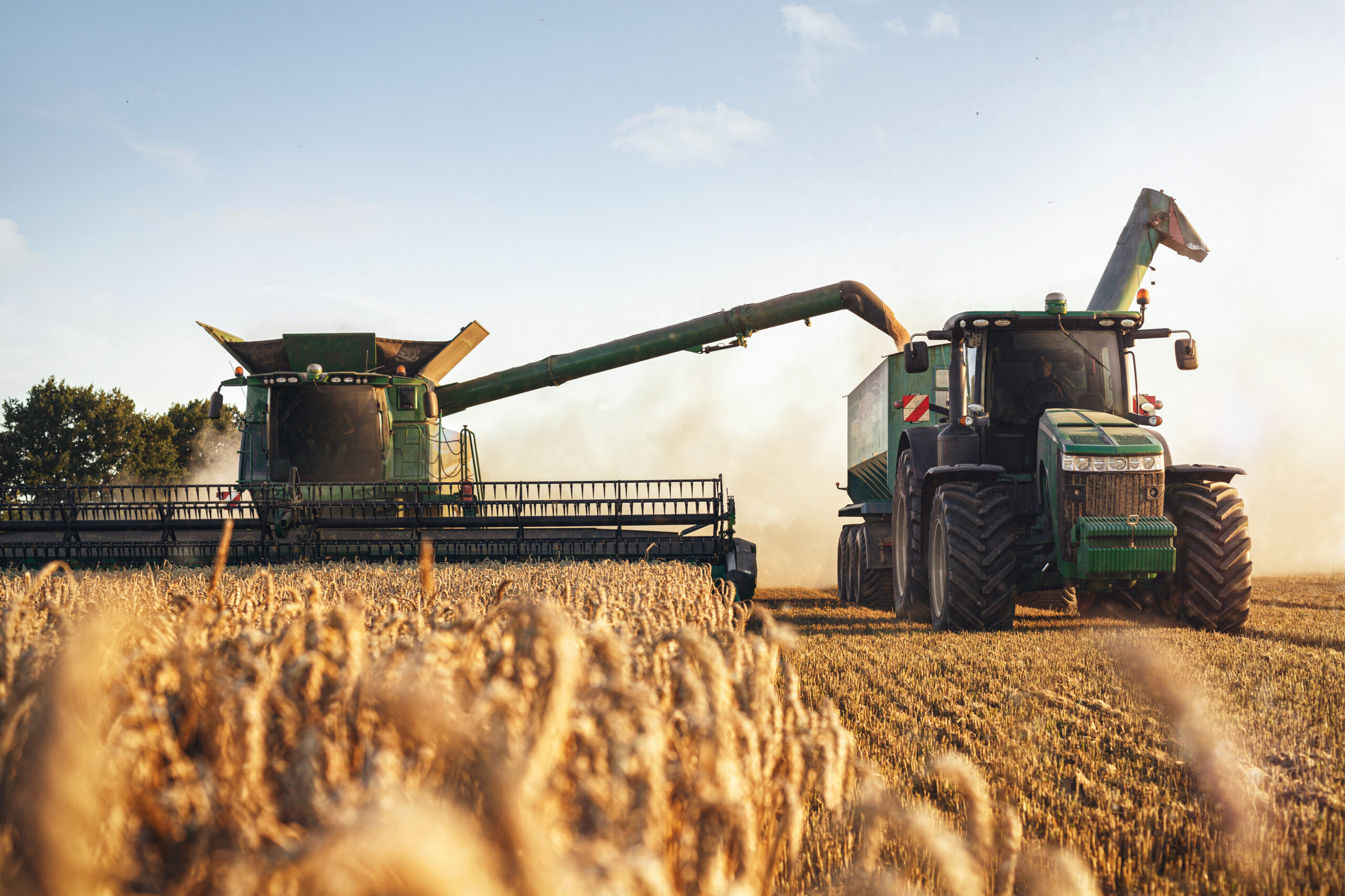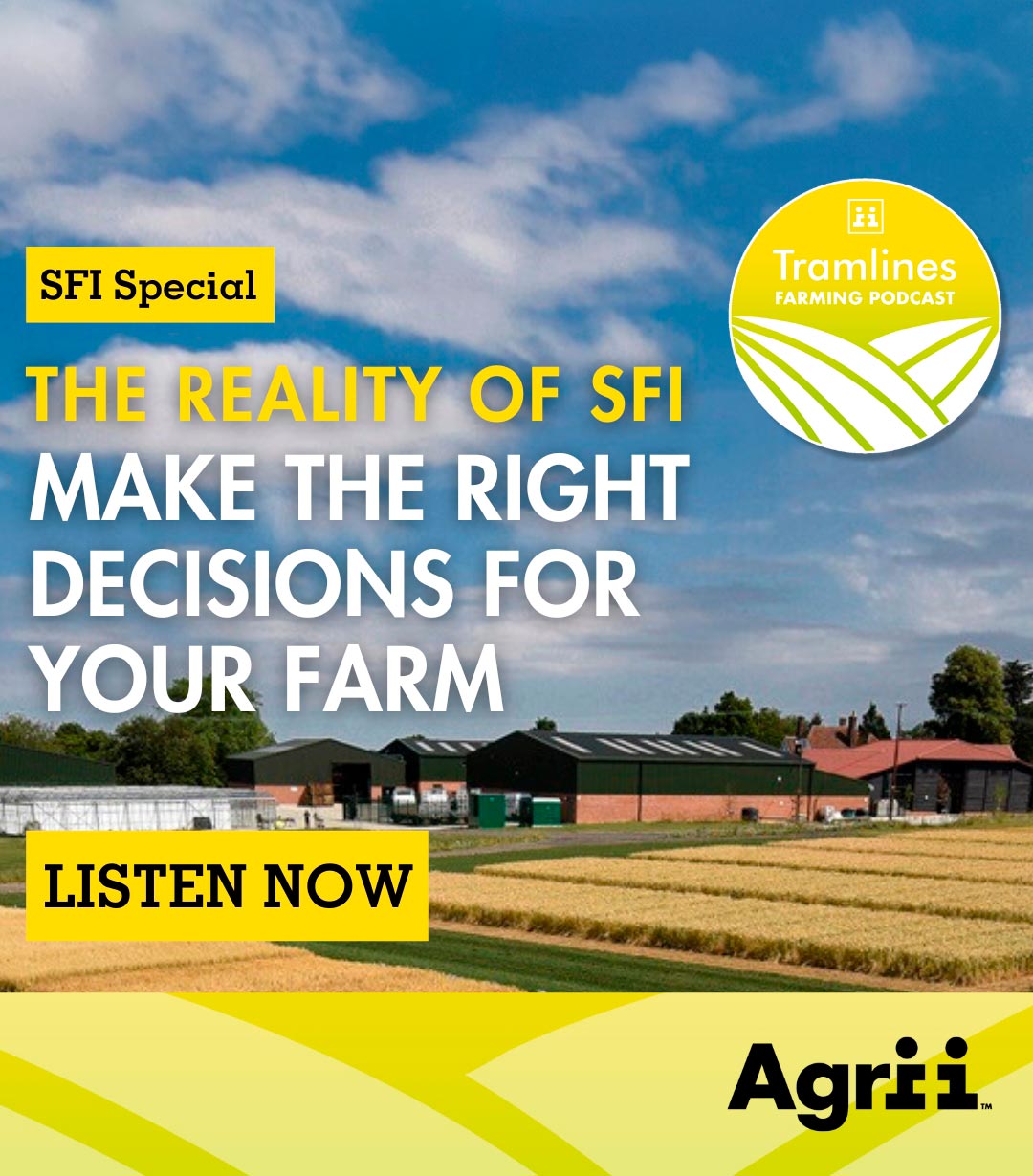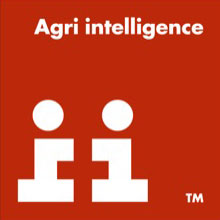Growers and their advisers must not push current Sustainable Farming Incentive boundaries too far. As well as risking trouble for themselves, exploiting perceived loopholes, ambiguities or absence of detail in the scheme could have serious consequences for the whole industry.

This is the timely warning from Agrii farm business consultant, Paul Pickford as part of his work helping farm businesses across the country improve their sustainability and recoup as much of their diminishing BPS payments as possible.
“It’s important for everyone to make the most of SFI,” he stresses. “Continuing additions and changes have made the scheme much more realistic in so many ways. Not least, in being far less narrow and prescriptive in all the nuts and bolts of what, when and how than previous stewardship schemes.
“But this flexibility makes it equally important for everyone to work within the spirit rather than just to the letter of the individual actions in their agreements.
“A lot of time and effort has been spent in persuading Government that those who manage the land are the best people to create, maintain and enhance wildlife habitats alongside their primary food-production responsibilities,” Mr Pickford points out.
“So, what message does it send if we immediately start to ‘duck and dive’ in our efforts to exploit the very flexibility we have long asked for and now been given? And what will happen when Defra sees we are doing this?”
Well, the consequences have clearly been spelled out by Defra minister, Mark Spencer in his recent warning that ‘if people start to take the mickey we will have to take action to stop it from happening’. Which also tells us that he and his team are well- aware of some of the dodges currently being bandied around.
Dodges like claiming £853/ha for winter bird food on arable land (AHL2) planted immediately after harvest at a field-scale ahead of spring cropping.
“You may be able to persuade yourself that doing this meets the action’s key aim of providing a supply of seeds for smaller farmland birds from late autumn until late winter,” says Mr Pickford. “But does it really meet the action’s stated purposes of (a) providing food resources for farmland birds, especially in late autumn and winter, and (b) encouraging flowering plants in the summer, which will benefit insects including bumblebees, solitary bees, butterflies and hoverflies?
“It doesn’t take a genius to see that this really isn’t cricket. Wild bird seed mixes sown after the end of June are unlikely to provide much, if any, summer flowering benefit for most insects. Nor are they likely to set enough seed to be quality winter food for the birds.
“The £853/ha of offer with AHL2 is clearly compensation for foregoing a harvest in favour of supporting farmland wildlife,” he explains. “And it was always seen as an opportunity for difficult corners and marginal areas rather than a field-scale rotational action.
“So, if we want to plant something after harvest ahead of a spring crop for heaven’s sake let’s fulfil the SFI intention as honestly as we can and claim £129/ha for a well-established multi-species winter cover (SAM2) instead.
“A well-established multi-species cover – with the emphasis on well-established and multi-species rather than just barn sweepings spread willy-nilly onto stubble – over the winter months will definitely meet the defined purposes of protecting the soil surface and/or providing root growth that benefits soil structure, supports soil biology and minimises nutrient leaching, soil erosion and runoff. And we can combine it with other actions on the same area – like no insecticide on the following spring crop – to add to its SFI value.”

It may not be perfect but Mr Pickford is adamant that SFI is fast becoming the fair scheme our industry has long argued for, giving everyone the flexibility to achieve the desired outcomes in ways that best complement their individual conditions and businesses.
He insists that the onus is on the farming industry to make SFI work and prove (with evidence) that the actions taken achieve these outcomes – or, at the very least, are an honest attempt to do so. If the evidence isn’t there or the action taken cannot reasonably be justified then the ‘public money for public goods’ is unlikely to be forthcoming or will have to be repaid.
“It’s an inescapable fact too that SFI will continue to change and develop,” he adds. “Whether it does so in ways which give us more flexibility and opportunities for delivering the public goods that Government wants or in ways that are more restrictive and less rewarding is also entirely up to us.
“We’ve been given the responsibility for delivering greater environmental sustainability with the flexibility we need to do so and increasingly decent rewards. For heaven’s sake, let’s rise to this challenge responsibly without trying to ‘pull fast ones’. If we don’t, we haven’t a decent a leg to stand in addressing the criticisms of the many NGOs and campaigners who put their own agendas so far above the future of our industry.”
Speak to one of our experts today about your SFI opportunities


